(November 1, 2021) PC Musthafa realised very early that being enterprising was the only way to ride out of abject poverty. He was only 10 years old when the realisation dawned on him. Hailing from a remote village in Kerala’s Wayanad district, Musthafa’s father worked as a daily wage labourer for less than ₹10 a day, and Musthafa gave a helping hand to his father in his work to earn a little bit.
But he had a plan in place. After saving money for a long time, Musthafa bought a goat, reared it and sold it after some time. He used that money to buy a cow which became a source of income for the family. Musthafa had found a way to keep his family afloat through his venture.
Musthafa, who founded iD Fresh Foods decades later, says that he may have had a very active mind, but he was weak in one area. “I was very poor in studies. Once I failed in class six and stopped going to school. I decided to help my father in earning a living,” he says talking to Global Indian.

PC Musthafa is the CEO of iD Fresh Foods.
Musthafa’s teacher, “Mathew Sir,” saw a spark in the young boy and convinced him to continue his studies. It wasn’t very comfortable for him to sit with his juniors, but somehow he developed an interest in mathematics. And there was no looking back.
Within a year, he was topping not only in mathematics but other subjects too. That, in a way, changed his life. “The lesson out here was when your confidence is low, take baby steps. Learn from your experience and slowly work towards your goals. That’s when I started enjoying school a lot.” he says. Later he did engineering at the National Institute of Technology, Calicut.
Somewhere along the line, Musthafa’s entrepreneurial drive got lost as he got busy with his education and then a job came his way. While working a 9-5 job in the Middle East, he realised that this was not something he wanted to do for long. Moreover, he was keen to do something for his village, especially its children. “There were many kids from my village who were way smarter than me. But like me they didn’t get the opportunity. I wanted to offer them something,” he says.
He decided to give in to his entrepreneurial yearnings, quit his job in 2003 and returned to India. Meanwhile, Musthafa did his MBA from IIM, Bangalore, and started brainstorming with his cousins to start a new venture.
One day, one of his cousins mentioned a local store selling dosa batter in plastic packets with a rubber band to hold it together. “The batter was in demand, yet people had issues about packaging. Some people were complaining about it being unhygienic. That’s when we stepped in,” Musthafa shares.
With around ₹50,000, Musthafa plunged into the batter business. Four of his cousins joined him. In 2005, iD Fresh Food rolled out from a 50 sq ft kitchen. The journey began with two grinders, a mixer, a sealing machine and a second-hand gear-less scooter. Musthafa and his cousins would go to the market every morning, buy rice, urad dal, come back, wash it, grind it, and put it on fermentation. The following day they would pack it and load it on the scooter to sell the batter packets. “It was back-breaking work. Our shirts were soaked in sweat, yet we enjoyed it a lot.” he laughs.
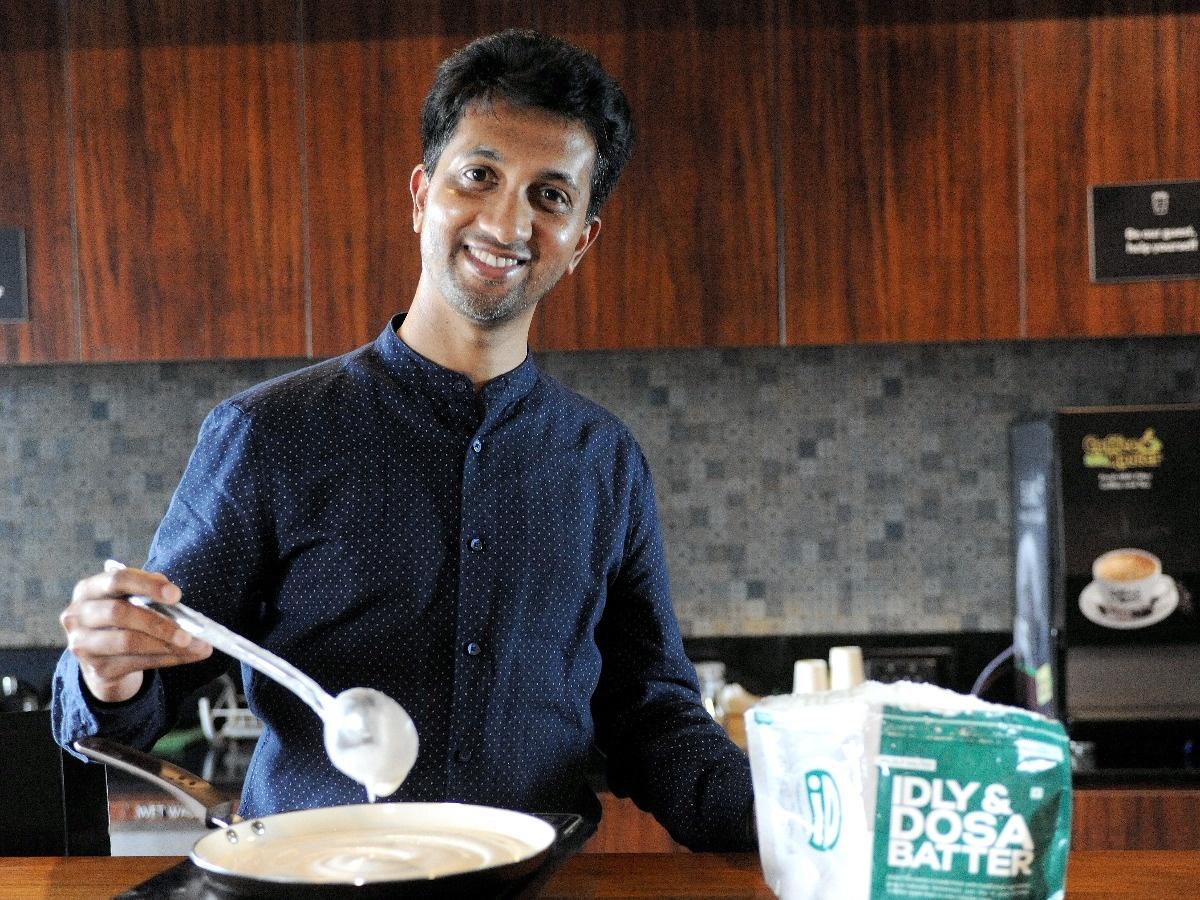
PC Mustafa preparing dosa
It took them almost nine months to get 20 customers and sell 100 packets.
Today iD sells more than one lakh packets every day. “Idlis and dosas from batter feeds more than one million Indians everyday,” says a proud Mustafa.
According to TiE Chennai, in 2018, the iD Fresh Food was ₹1,000 crore brand.
The company has its presence across South India and West India, Dubai and the US. With the backing of large investors such as Helion Venture Partners and Azim Premji’s investment, iD Fresh Food is spreading its wings and reaching Europe. It has diversified its products with inclusion of filter coffee and others.
Talks are on with a few more investors for the next round of funding as iD plans to expand in Saudi Arabia, Qatar, Bahrain and Kuwait. “Our existing partner, Helion Venture is about to exit and we have more people interested in investing in our future,” Musthafa informs.
With a team of 2,000 employees across the globe, iD Fresh Food is on a growth spree that few companies can match. Apart from its flagship batter, iD’s other popular products include Malabar parotta, paneer, filter coffee and bread,
An early riser, Musthafa enjoys spiritual books during his free time. Though he enjoys all kinds of food, he claims he can’t cook. “My dosa resembles Australia’s map,” he smiles.
Looking back at his life from a remote village to being one of India’s most successful young entrepreneurs, Musthafa says, “The journey has been tough, yet very memorable and satisfying.” But he has a long way to go and scale greater heights.
Follow PC Musthafa on Instagram and Linkedin

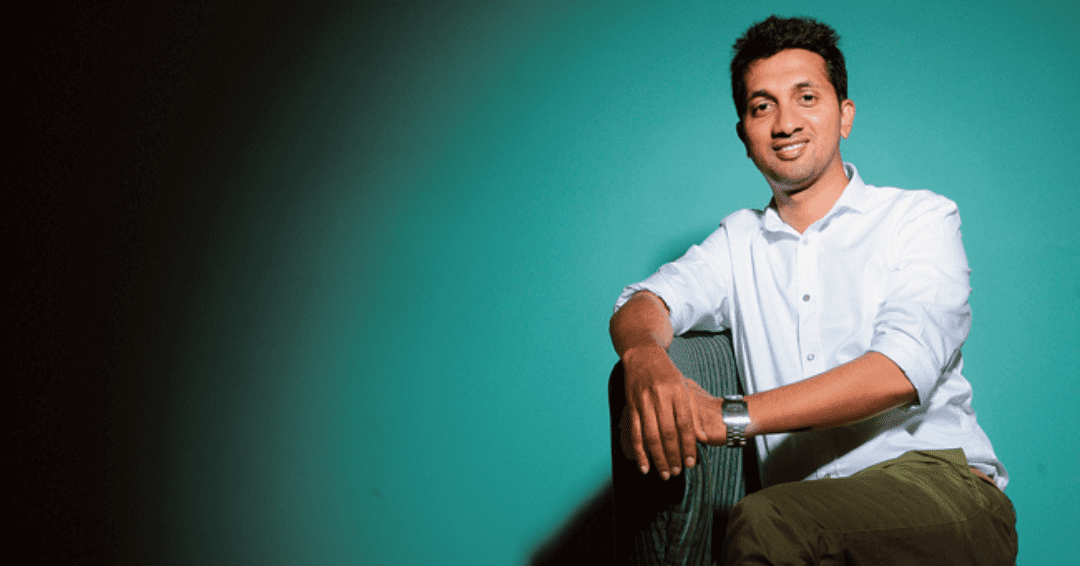
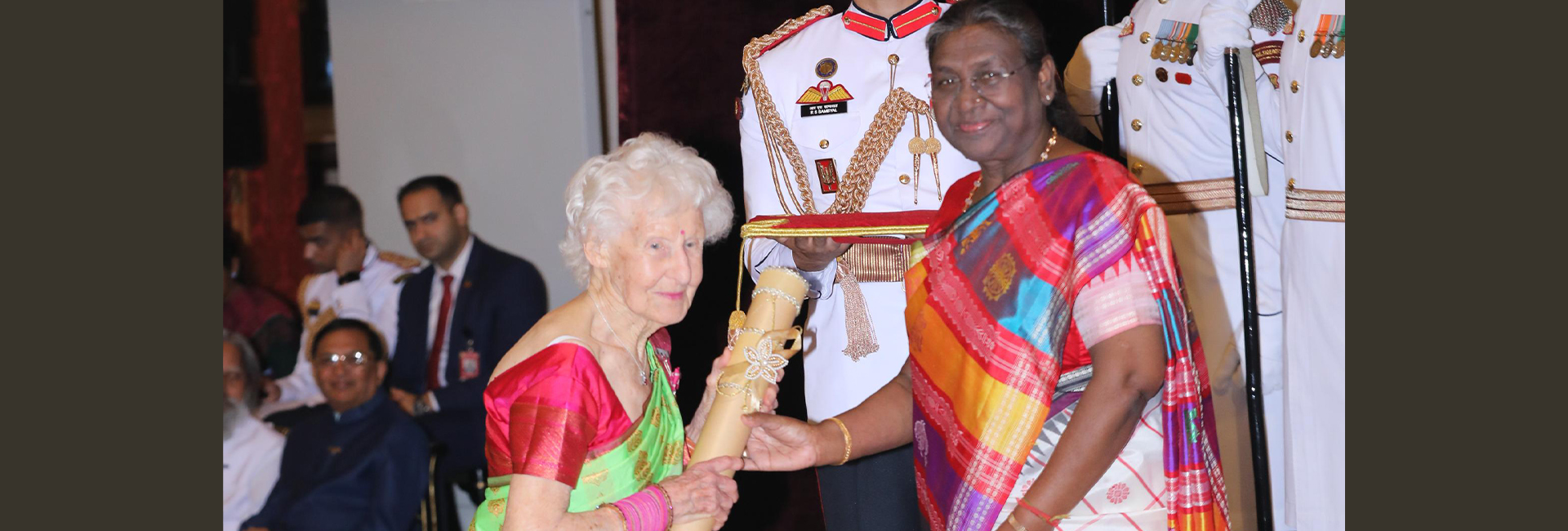
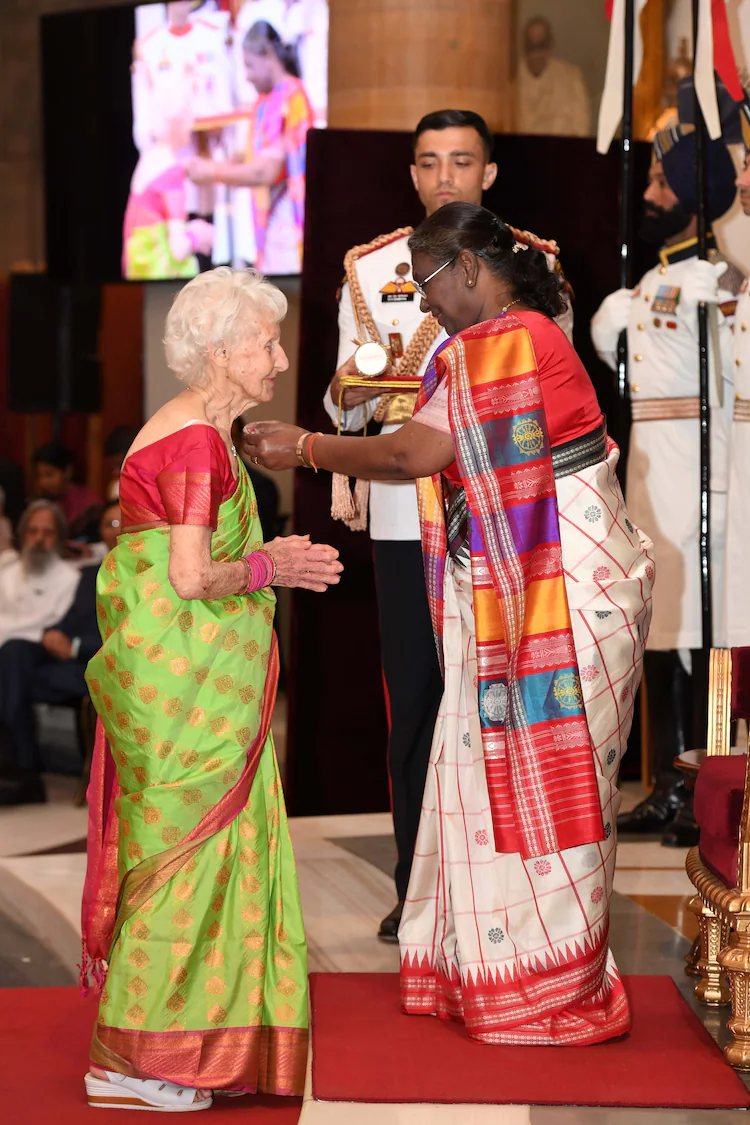
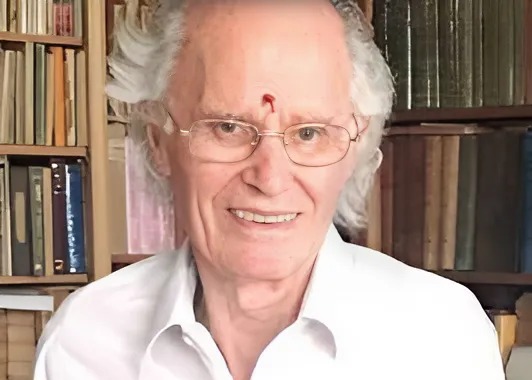 Pierre Sylvain
Pierre Sylvain 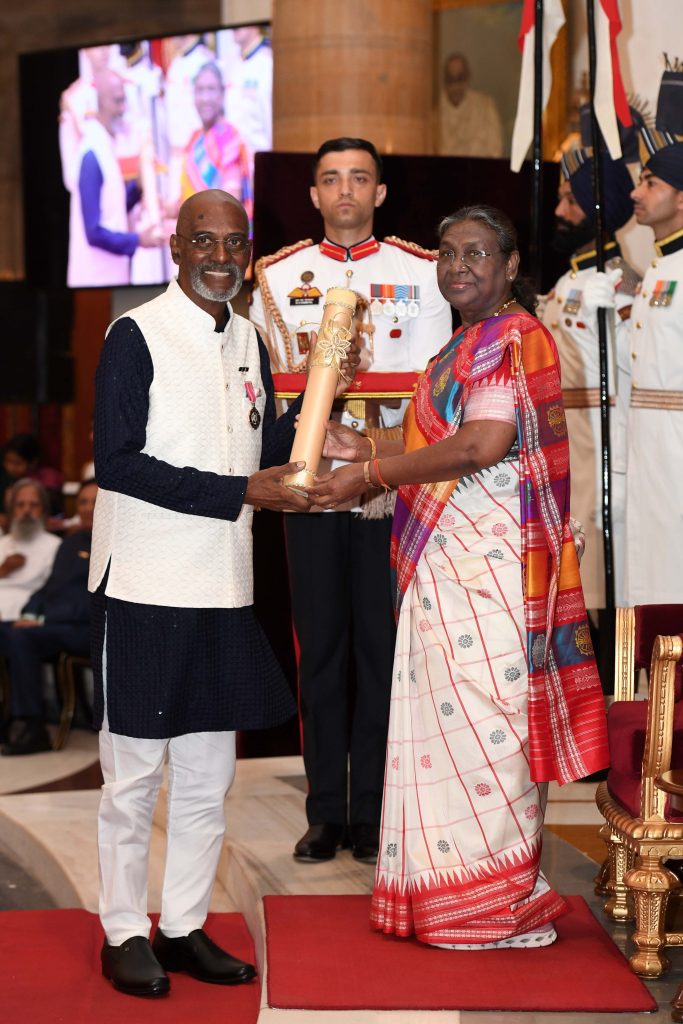 Fred Negrit receiving award from the President of India[/caption]
Fred Negrit receiving award from the President of India[/caption]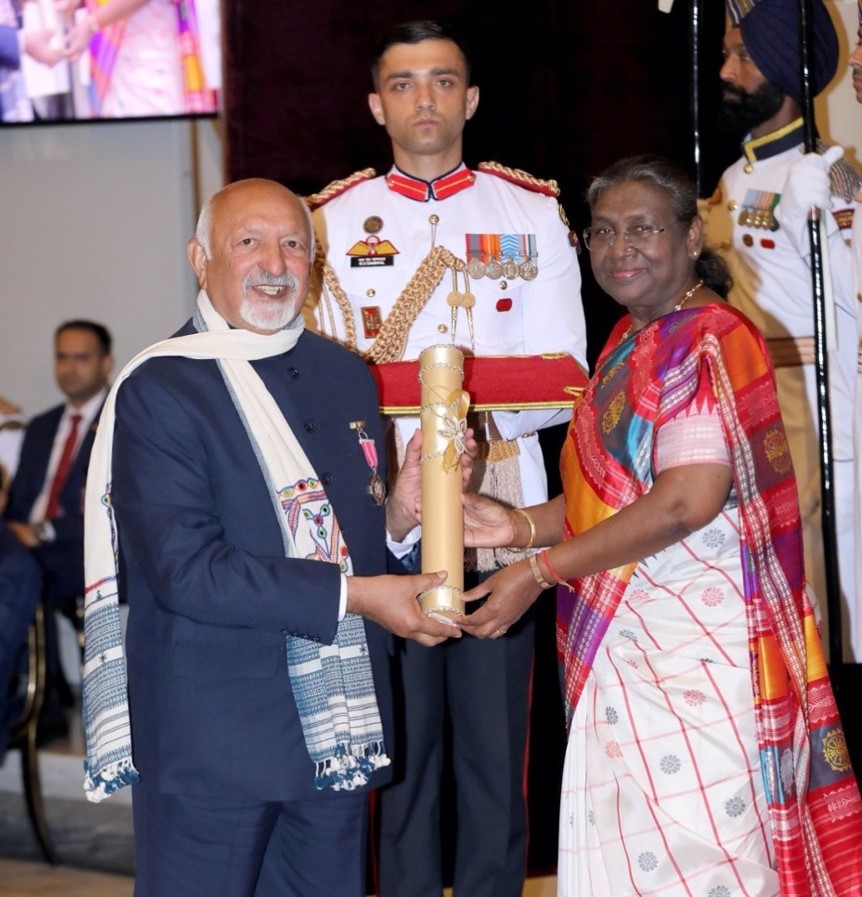 Dr Kiran Vyas receiving award from the President of India[/caption]
Dr Kiran Vyas receiving award from the President of India[/caption]
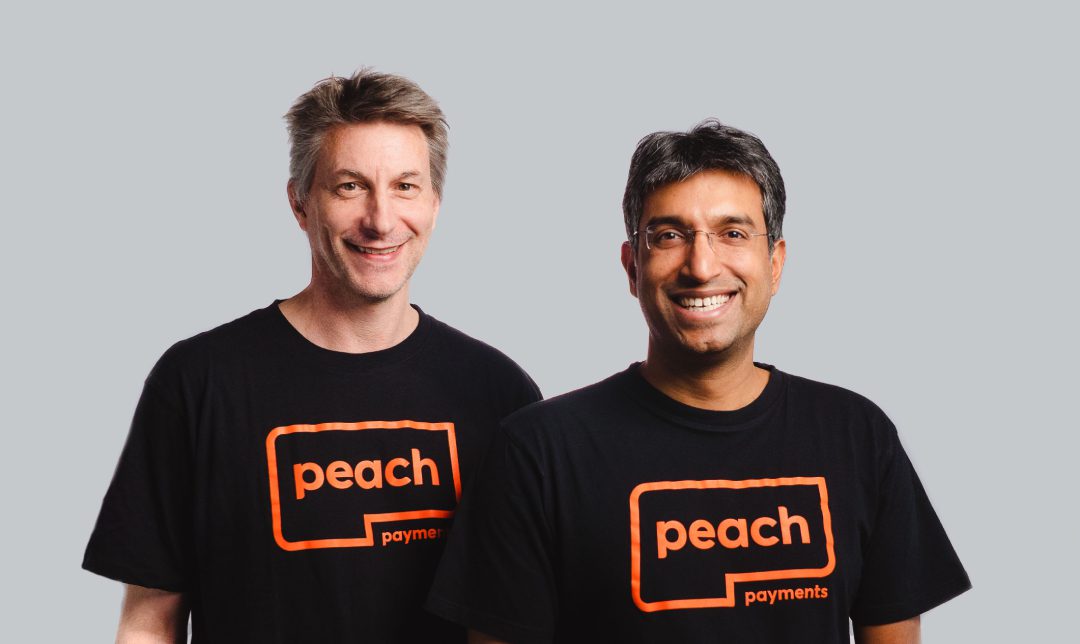 Andreas Demleitner and Rahul Jain are the co-founders of Peach Payments[/caption]
Andreas Demleitner and Rahul Jain are the co-founders of Peach Payments[/caption]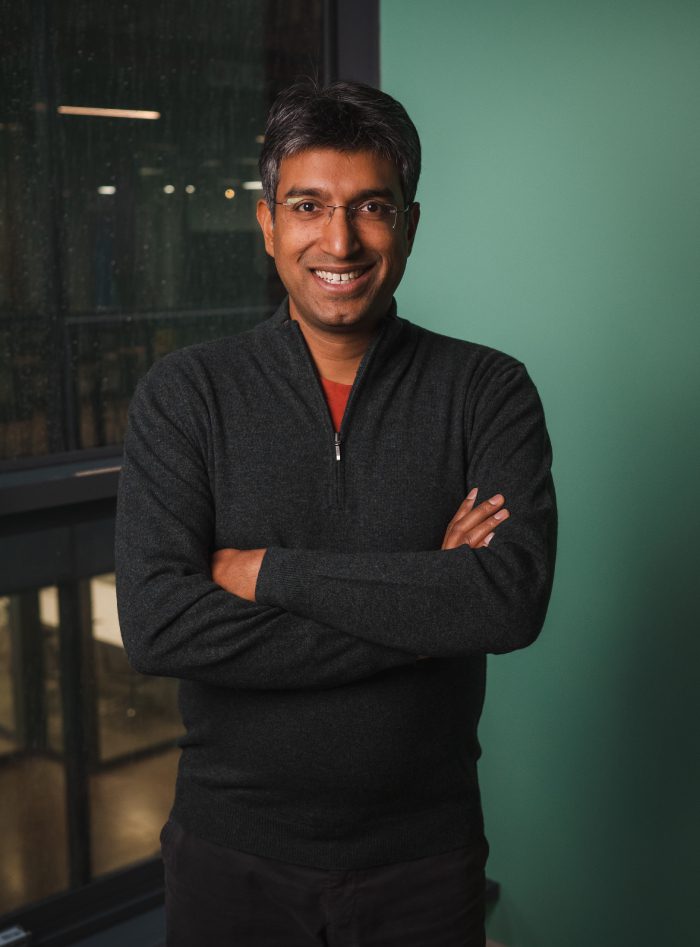 Rahul Jain moved to South Africa to start Peach Payments[/caption]
Rahul Jain moved to South Africa to start Peach Payments[/caption]

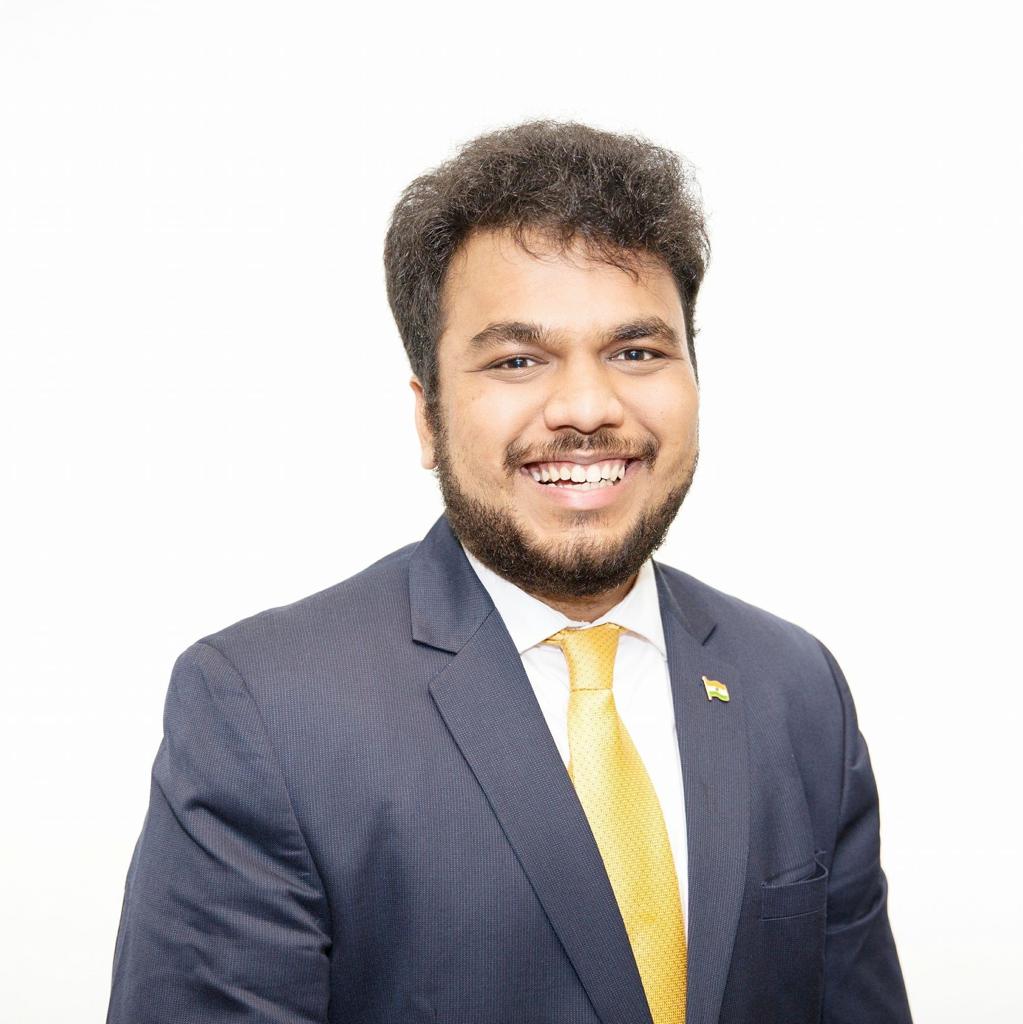 Dr Namit Choksi[/caption]
Dr Namit Choksi[/caption]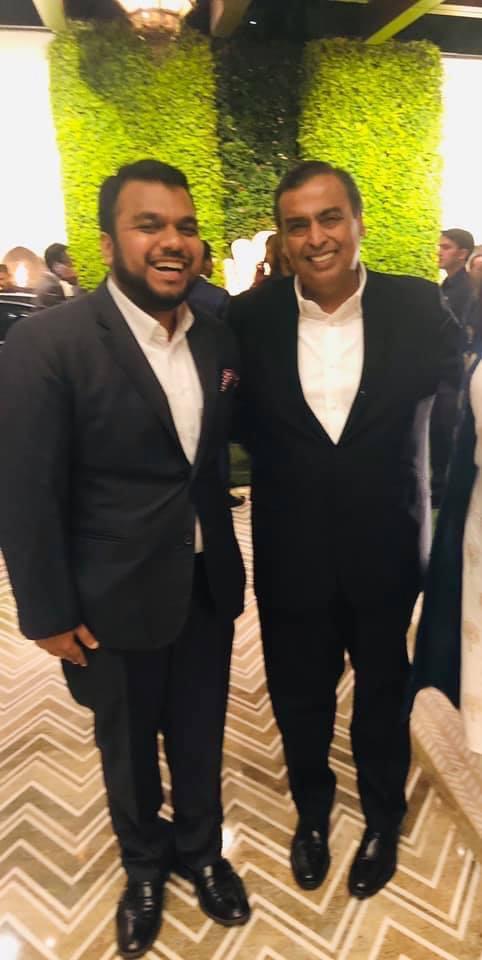 Namit with Mukesh Ambani[/caption]
Namit with Mukesh Ambani[/caption]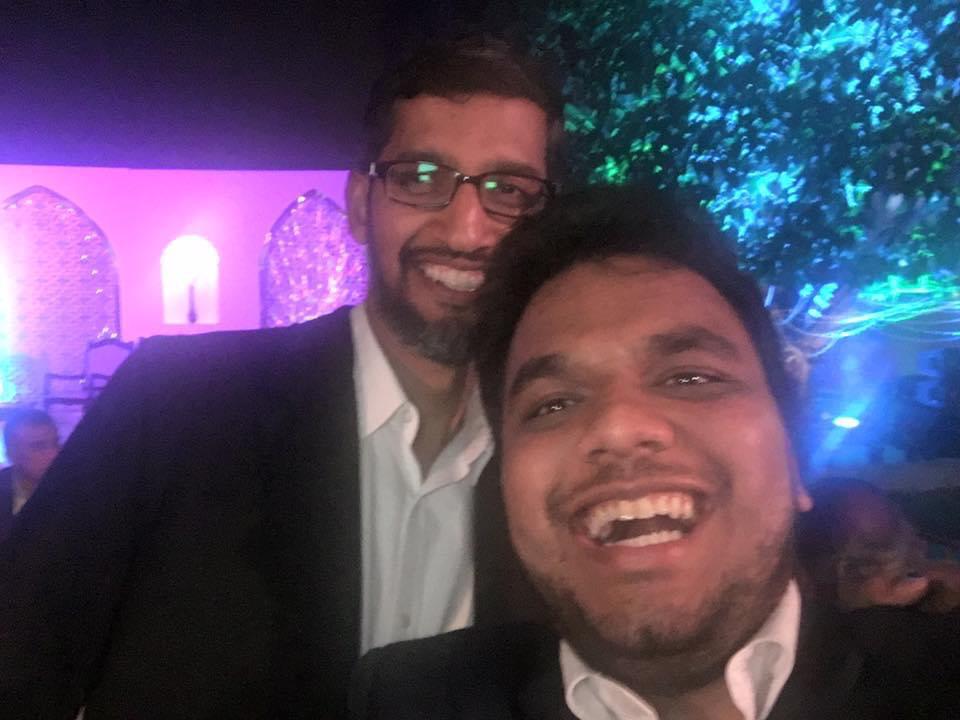
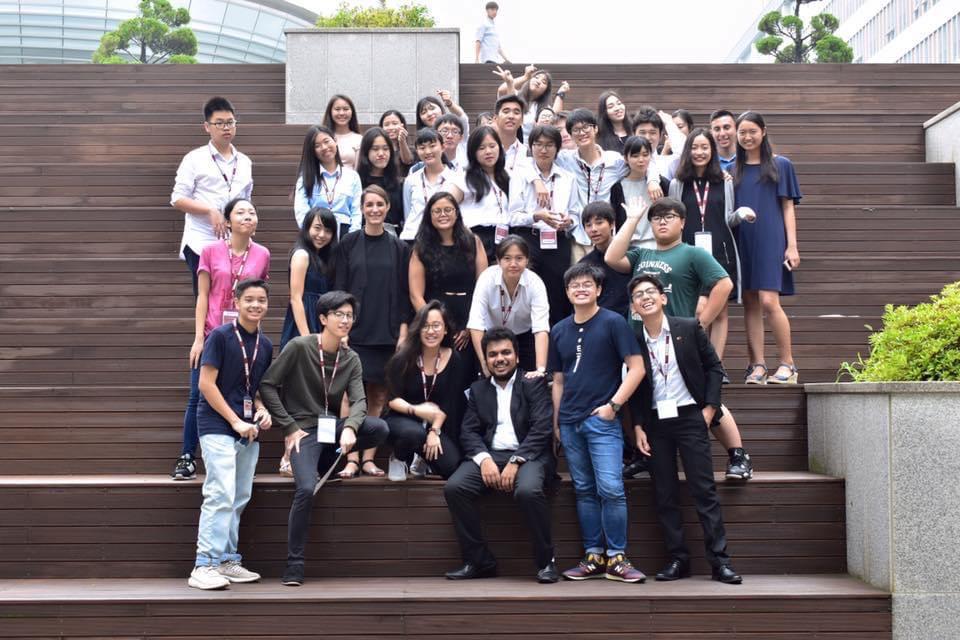
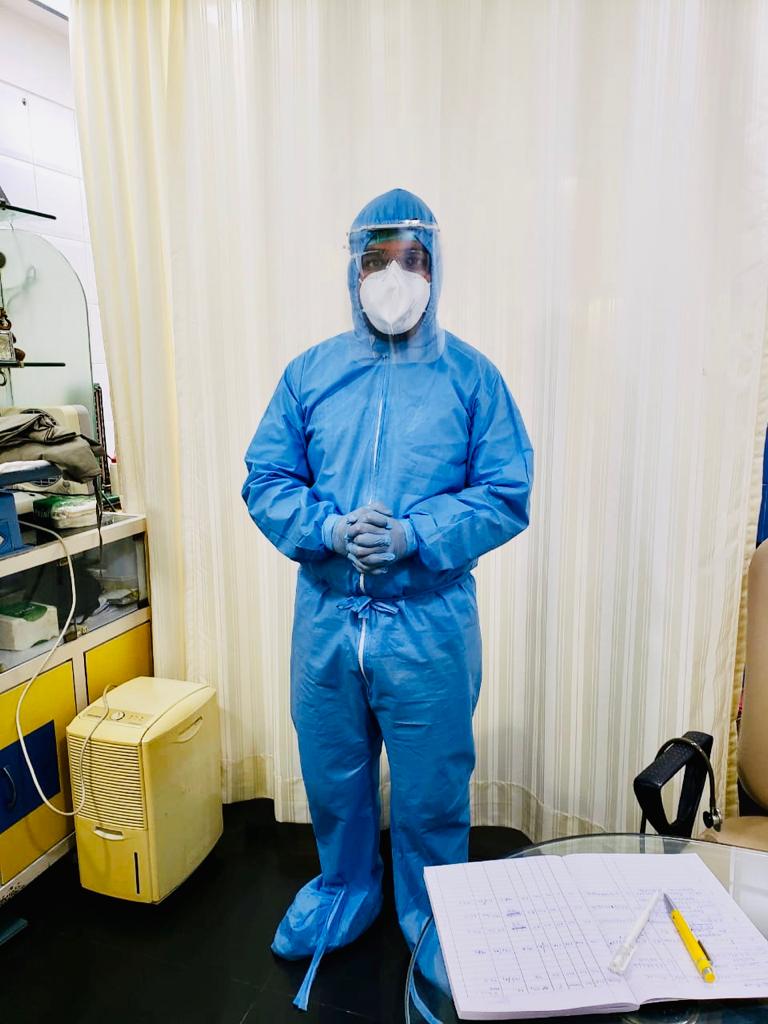
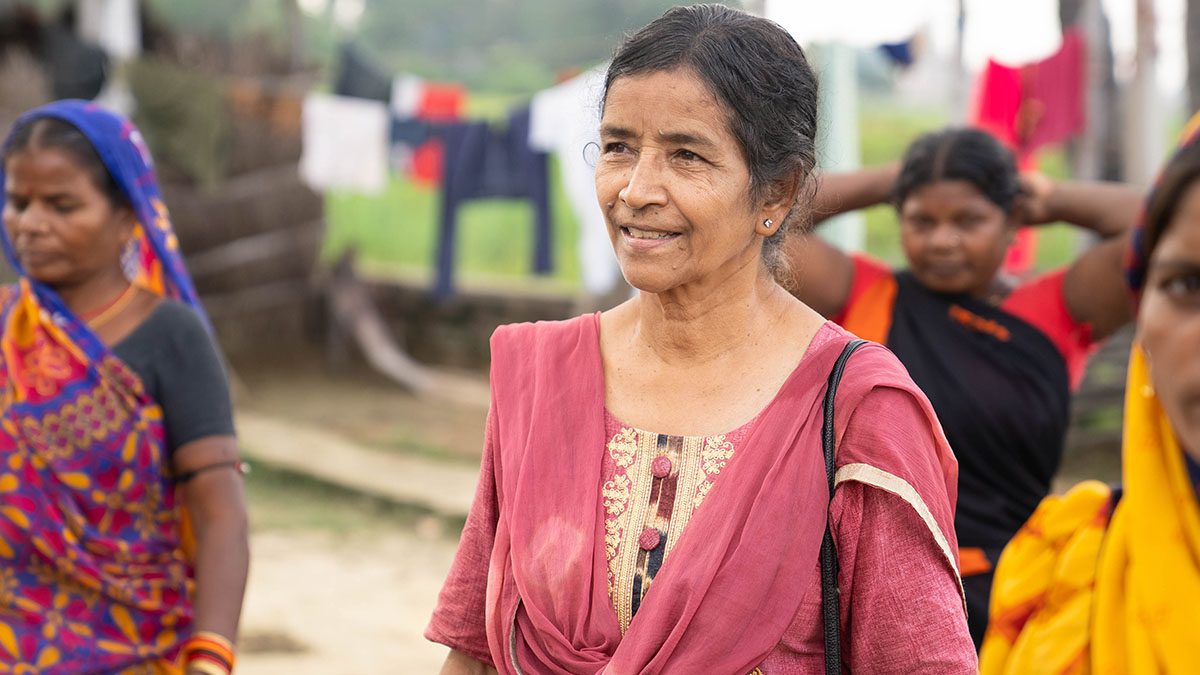
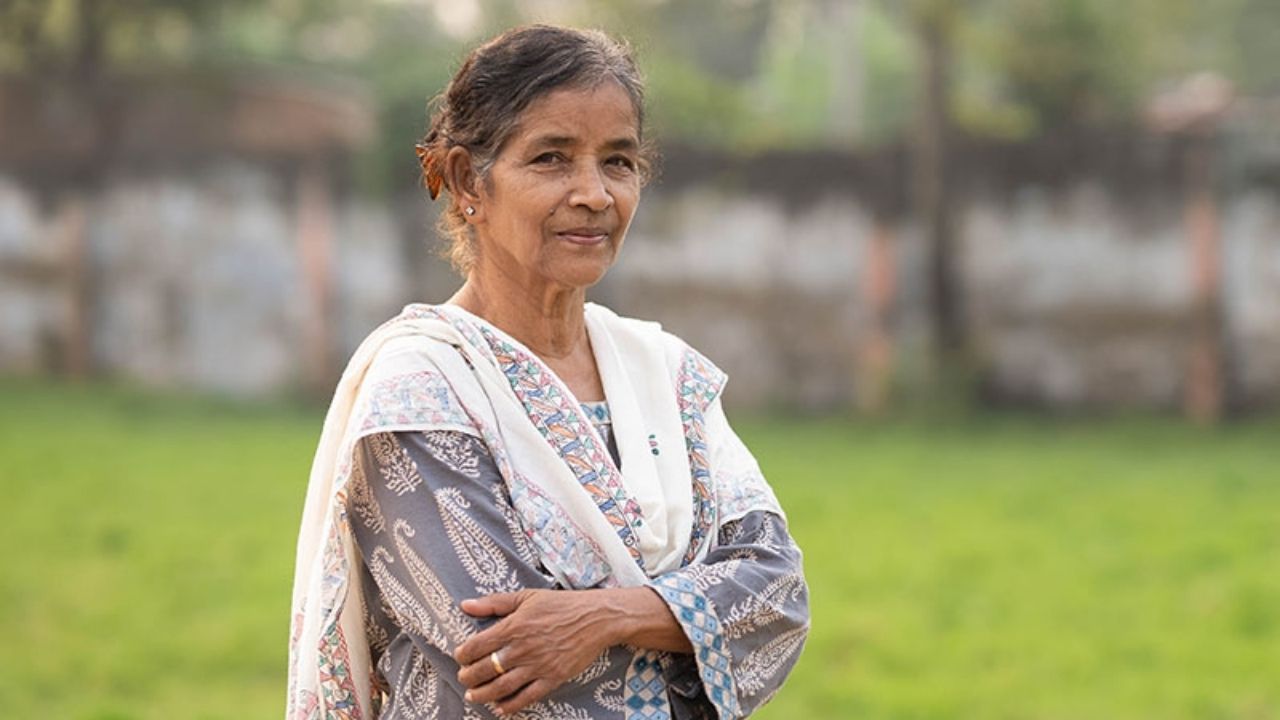 Sudha Varghese[/caption]
Sudha Varghese[/caption]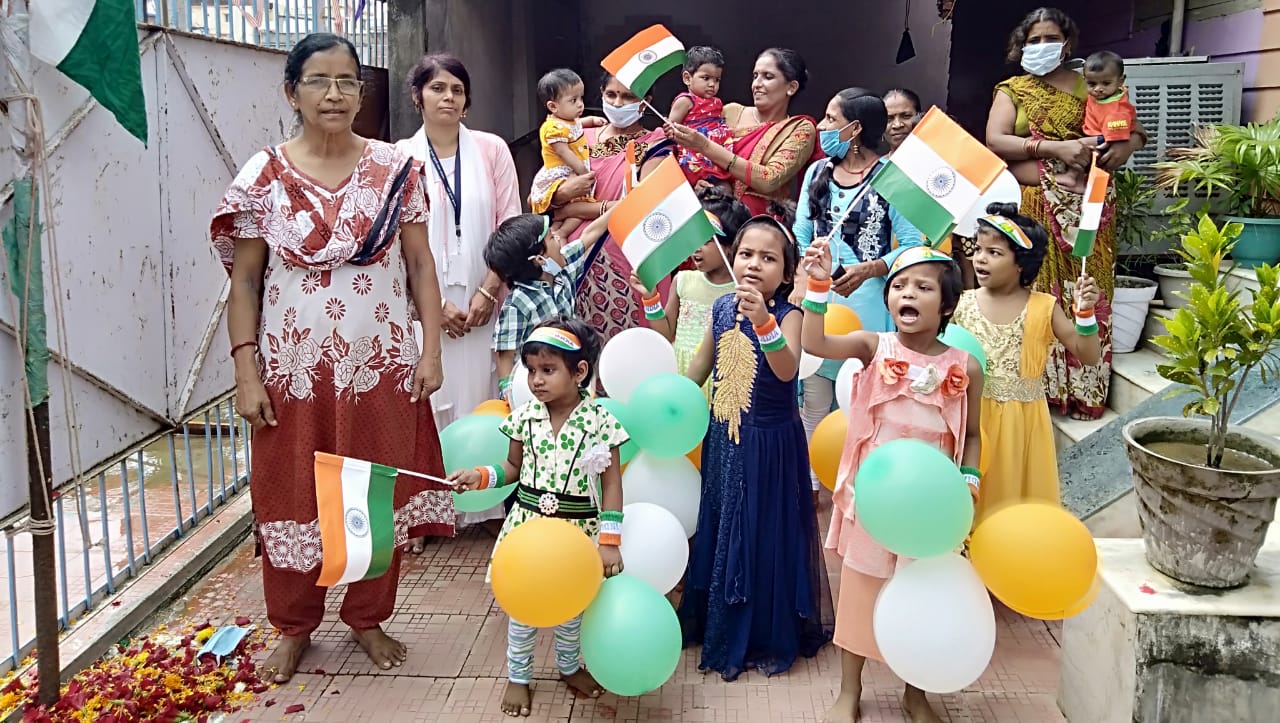 Sudha Varghese with students of Prerna school[/caption]
Sudha Varghese with students of Prerna school[/caption]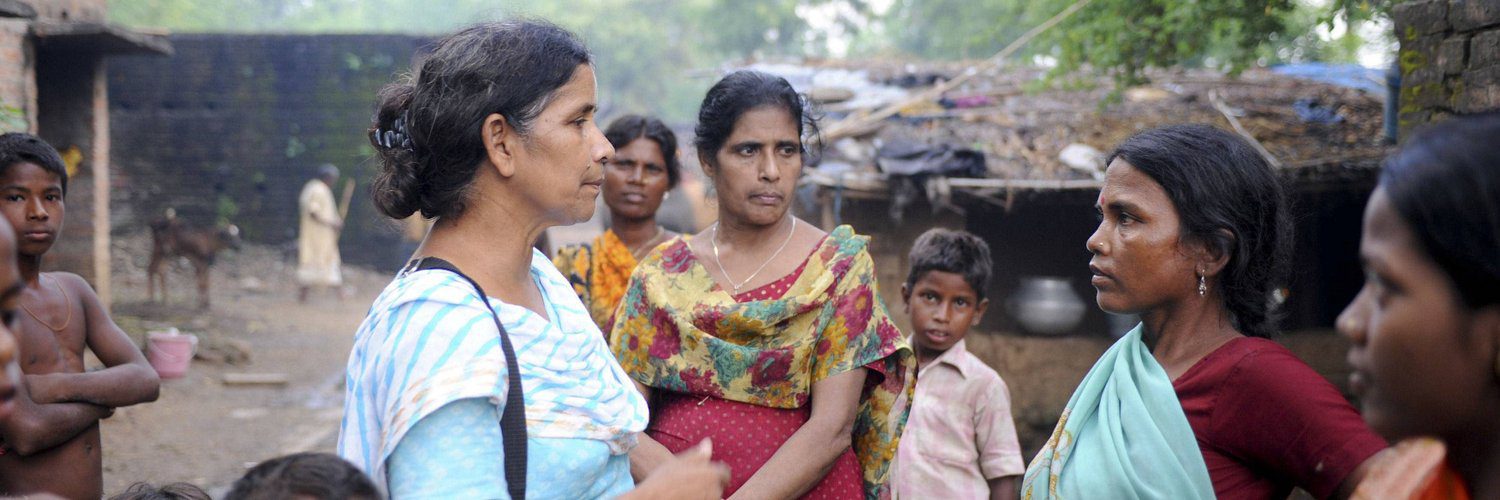 Sudha interacting with ladies of the Musahar community[/caption]
Sudha interacting with ladies of the Musahar community[/caption]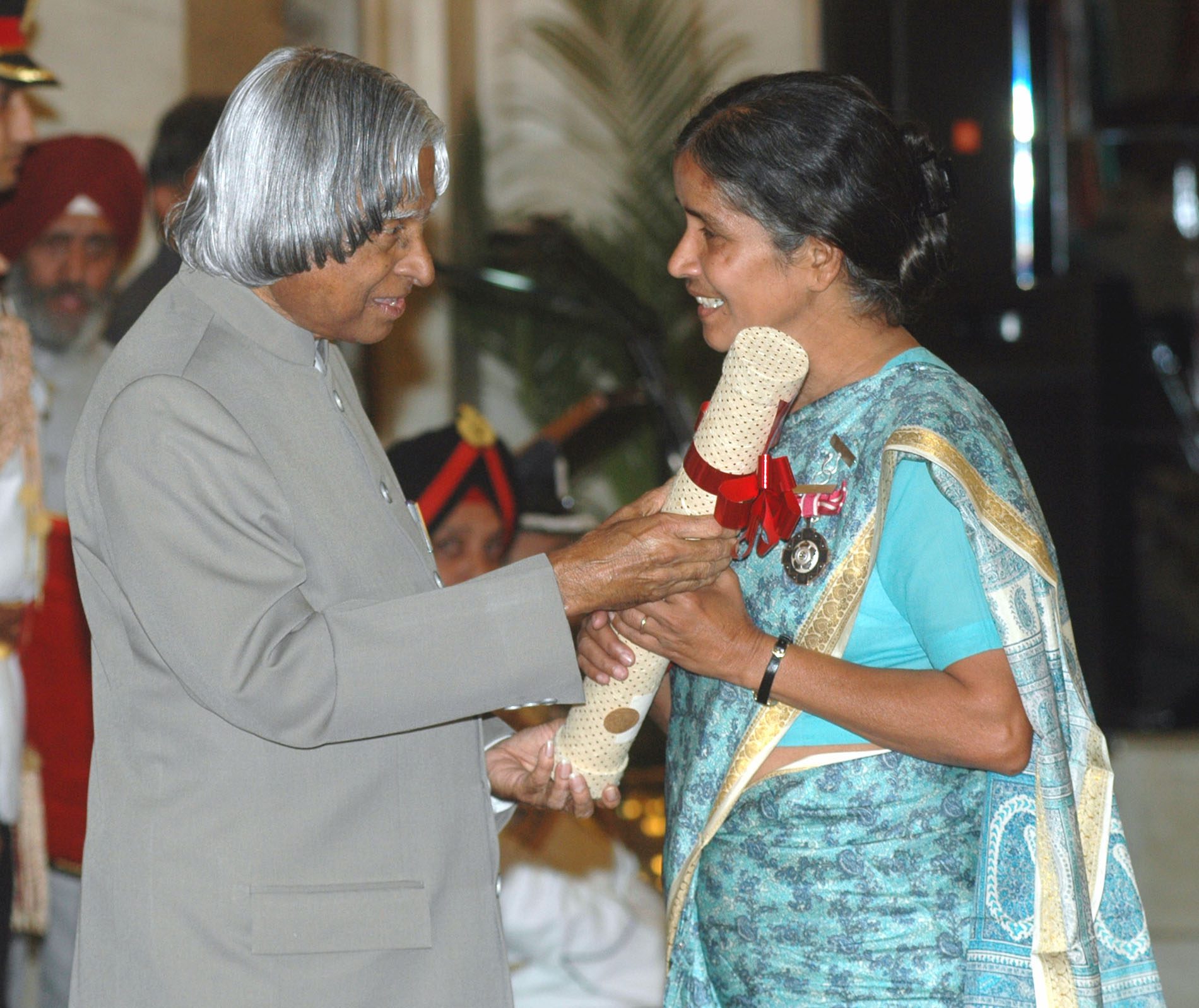 APJ Abdul Kalam presenting the Padma Shri Award (2006) to Sister Sudha Varghese in New Delhi on March 20, 2006[/caption]
APJ Abdul Kalam presenting the Padma Shri Award (2006) to Sister Sudha Varghese in New Delhi on March 20, 2006[/caption]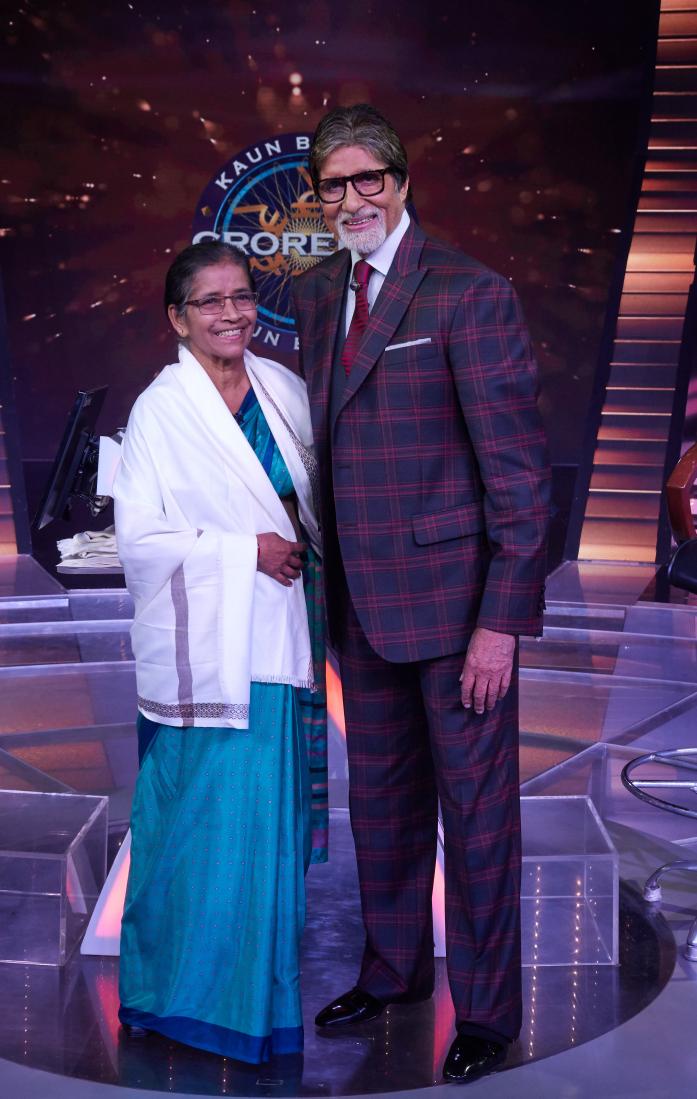 Sudha with Amitabh Bachchan on the show Kaun Banega Crorepati[/caption]
Sudha with Amitabh Bachchan on the show Kaun Banega Crorepati[/caption]